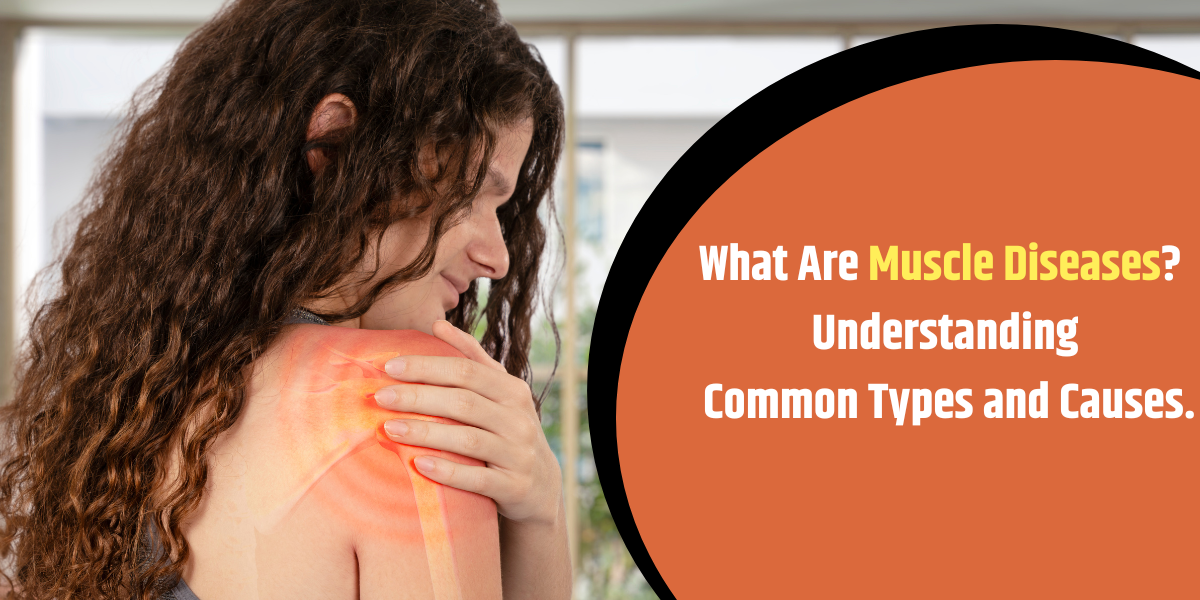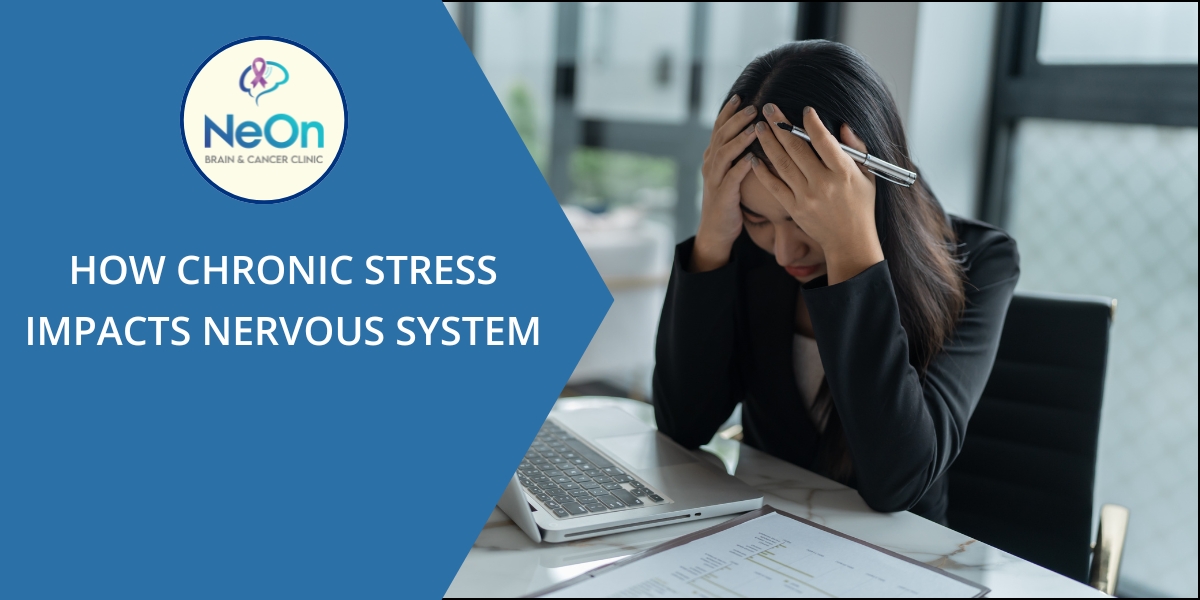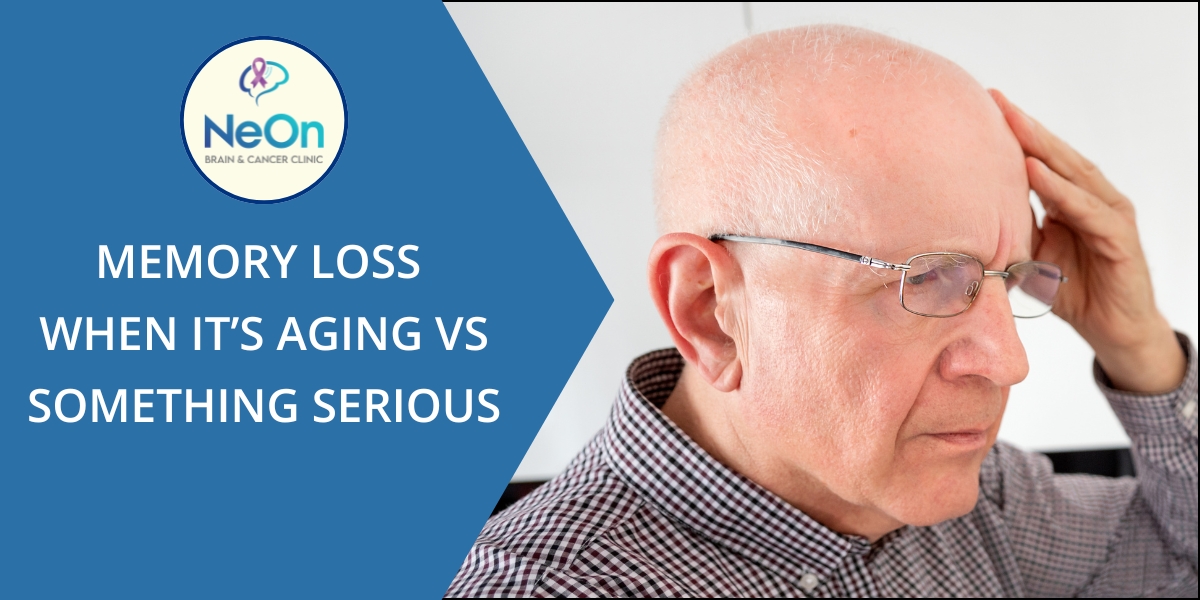What Are Muscle Diseases? Understanding Common Types and Causes.
Muscle diseases, also known as myopathies, are conditions that affect how muscles work, leading to weakness, pain, or trouble moving. At Neon Brain & Cancer Clinic, we help people understand and manage a wide range of muscle problems, including those linked to the spinal cord. These issues can be caused by genetic factors, autoimmune reactions, infections, or energy-related problems in the body.
What Are the Symptoms of Muscle Diseases?
Symptoms can vary depending on the condition but often include:
Weak muscles
Feeling tired easily
Muscle cramps or stiffness
Pain in specific areas
Trouble with everyday activities, like climbing stairs or lifting objects
In some cases, the muscles used for breathing or swallowing may also be affected, requiring prompt medical attention.
What Are the Main Types of Muscle Diseases?
There are several types of muscle diseases, including:
Muscular Dystrophies: Genetic disorders that weaken muscles over time, such as Duchenne and Becker muscular dystrophies.
Inflammatory Myopathies: Conditions like polymyositis, where the body’s immune system attacks muscle tissues.
Metabolic Myopathies: Disorders that affect how muscles produce or store energy, like glycogen storage diseases.
Congenital Myopathies: Rare muscle disorders present at birth.
Myasthenia Gravis: A condition that disrupts the connection between nerves and muscles, making movements harder.
What Causes Muscle Diseases?
Muscle diseases have many causes, such as:
Genetic changes: Some conditions run in families.
Immune system problems: The body may attack its own muscles, as seen in autoimmune disorders.
Infections: Certain viruses or bacteria can cause muscle problems.
Energy processing issues: Muscles may not work properly if they can’t produce or store energy.
Medications or toxins: Some drugs or environmental substances can harm muscles.
How Are Muscle Diseases Diagnosed?
Doctors use several methods to identify muscle diseases, including:
Medical history and physical exams: To check for signs of weakness or pain.
Blood tests: To find muscle damage by checking enzyme levels.
Electromyography (EMG): To study the electrical activity in muscles.
Muscle biopsy: A small sample of muscle tissue is examined under a microscope.
Genetic testing: This can confirm inherited muscle disorders.
Are Muscle Diseases Treatable?
While some muscle diseases can be managed with medications, diet, or therapy, others like muscular dystrophies may not have a cure yet. Treatments can still help improve mobility and reduce discomfort. If you are looking for Spinal Cord Disorders treatment in Hadapsar, Neon Brain & Cancer Clinic provides support for muscle conditions linked to spinal issues, helping patients manage their symptoms better.
What Steps Can You Take to Avoid Muscle Diseases?
Not all muscle diseases can be prevented, especially those caused by genetic factors. However, you can lower the risks or manage symptoms by:
Eating a healthy diet and staying active
Seeking treatment for infections quickly
Talking to a doctor about medications that could harm muscles
How Are Muscle Diseases Treated?
Treatment depends on the type of disease and its cause. Common options include:
Medications: To reduce inflammation or manage energy-related issues.
Physical therapy: To strengthen muscles and improve movement.
Assistive devices: Tools like braces or wheelchairs for better mobility.
Lifestyle adjustments: Changes in exercise and diet to support muscle health.
Who Is Likely to Develop Muscle Diseases?
Factors that increase the risk include:
A family history of genetic muscle disorders
Exposure to certain infections or toxins
Autoimmune conditions
Aging, which can lead to muscle weakness over time
When Should You Visit a Doctor?
You should see a doctor if you experience:
Ongoing muscle weakness or pain
Trouble doing everyday tasks
Problems with swallowing or breathing
A known family history of muscle diseases
Early diagnosis can make a big difference in managing these conditions. If you are in Hadapsar, Neon Brain & Cancer Clinic can help with muscle-related issues, including those connected to spinal cord disorders.
What Research Is Being Done on Muscle Diseases?
Studies are exploring new treatments, such as:
Gene therapies: These aim to correct faulty genes causing muscle diseases.
Stem cell treatments: These focus on repairing or replacing damaged muscle tissues.
Medications: Researchers are working to develop drugs that can improve muscle function or reduce inflammation.
Muscle diseases can make daily life challenging, but learning about the types, causes, and treatments can help people make informed decisions. If you have symptoms of a muscle disease, visit Neon Brain & Cancer Clinic for advice and care. For those in need of Spinal Cord Disorders treatment in Hadapsar, the clinic is available to guide you toward better management of your condition.



